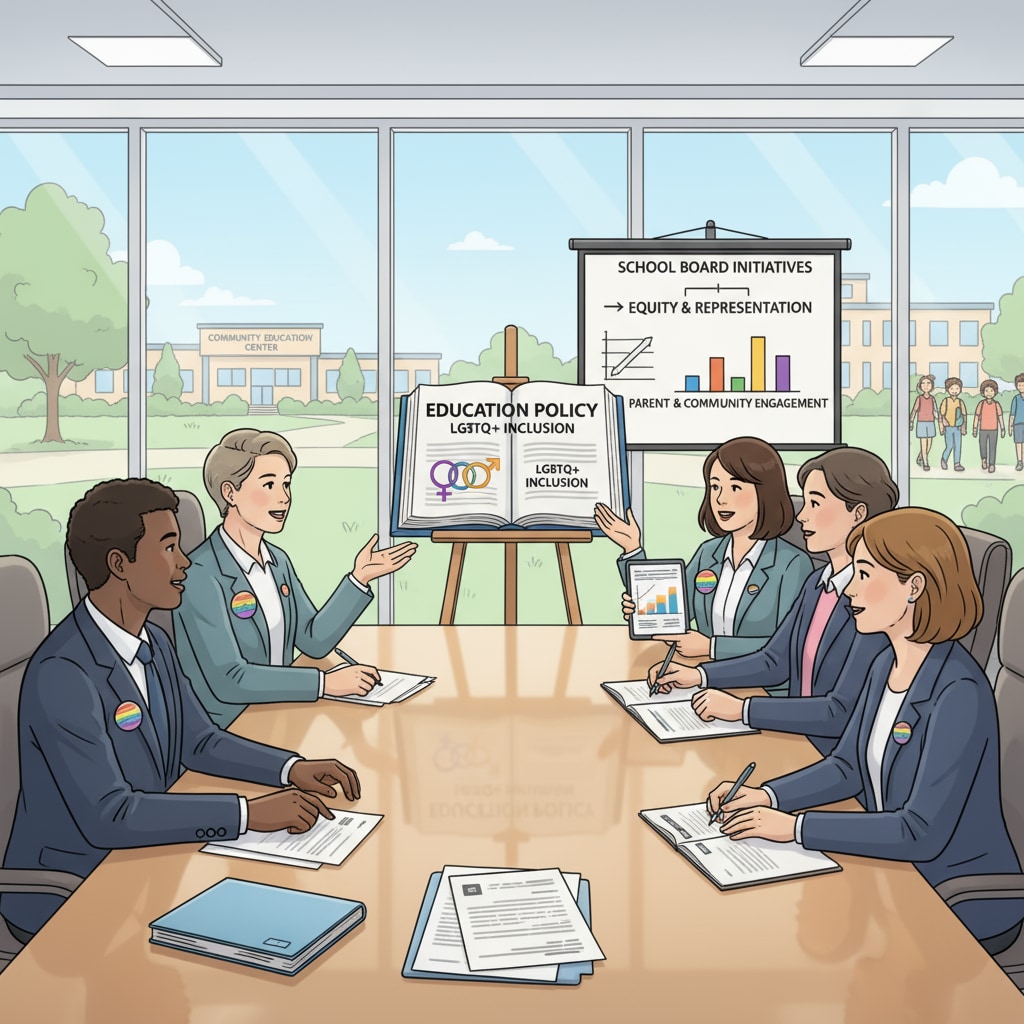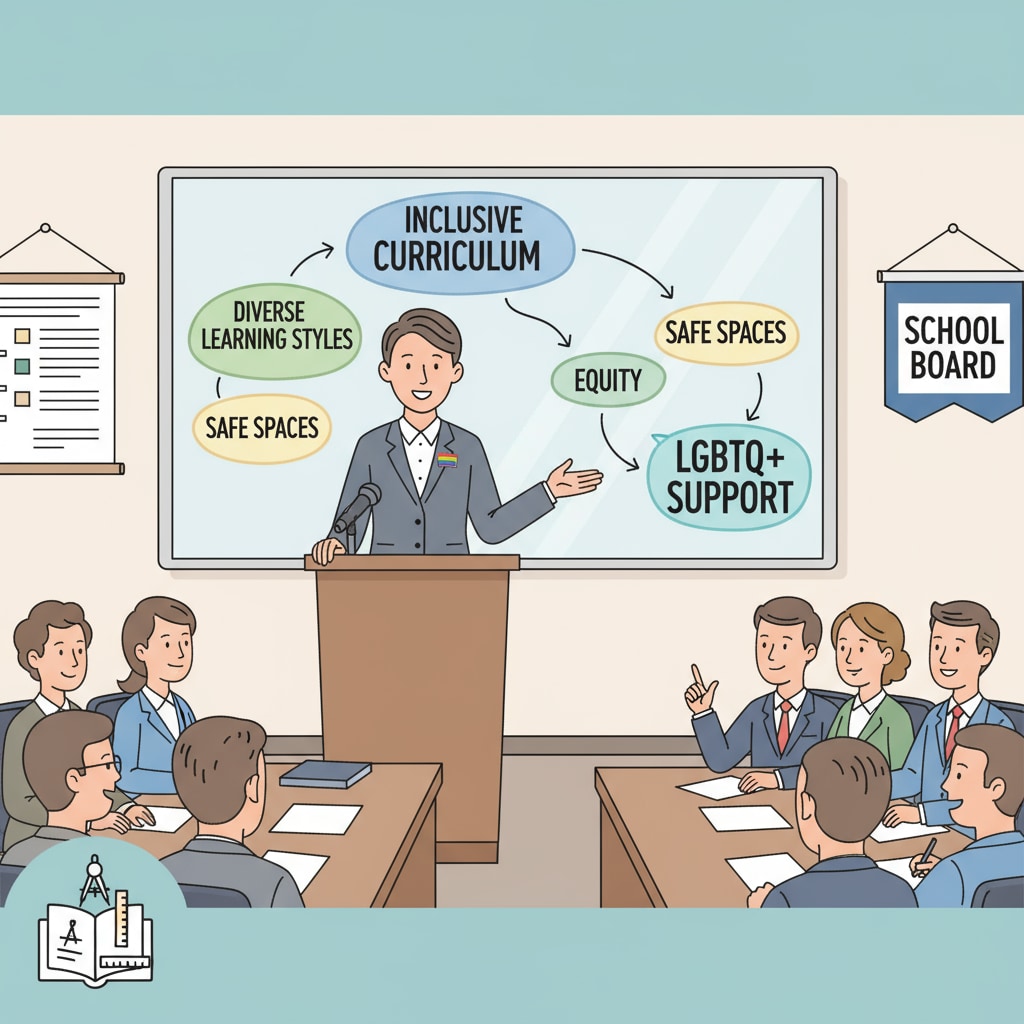In the landscape of education politics, the involvement of LGBTQ+ individuals in school board elections is emerging as a significant force. As the trend of education politicization grows in the United States, the LGBTQ+ community is stepping forward to have a say in shaping educational policies at the local level. This new wave of participation has far-reaching implications for the future of K12 education.

The Motivations Behind LGBTQ+ Engagement
The conservative education policies have been a major driving factor. Many of these policies aim to restrict discussions about sexual orientation and gender identity in schools. For example, some policies ban the use of inclusive textbooks or prevent teachers from answering students’ questions about LGBTQ+ topics. As a result, the LGBTQ+ community sees school board elections as a crucial opportunity to counter these restrictions. They want to ensure that schools are inclusive environments where every student feels accepted and supported.
Another motivation is the desire to provide accurate and inclusive education. LGBTQ+ individuals believe that students should learn about the diversity of human experiences, including different sexual orientations and gender identities. By being part of the school board, they can advocate for curriculum reforms that reflect this diversity. This way, students will be better prepared to live in a diverse society.
The Significance of LGBTQ+ Representation
The presence of LGBTQ+ members on school boards brings a fresh perspective. They can offer insights based on their own experiences, which helps in creating more inclusive school cultures. For instance, they can guide the development of anti-bullying policies that specifically address the unique challenges faced by LGBTQ+ students. In addition, their representation can inspire LGBTQ+ students, showing them that they have a voice and can achieve positions of influence.

Moreover, LGBTQ+ representation on school boards can also influence the hiring process. They can advocate for hiring teachers who are trained to handle LGBTQ+ issues and create a safe learning environment. This ensures that educators are equipped to support all students, regardless of their sexual orientation or gender identity.
The increasing participation of the LGBTQ+ community in school board elections marks a significant shift in the education landscape. It challenges the status quo of conservative education policies and paves the way for more inclusive and diverse K12 education. As this trend continues, it will be interesting to see how it further shapes the future of schools and the educational experiences of students. LGBT rights in education on Wikipedia LGBTQ+ Equity in Education on Education Week
Readability guidance: The article uses short paragraphs to present ideas clearly. Each H2 section provides a focused discussion. Passive语态 is minimized, and transition words like “for example”, “as a result”, and “in addition” are used to enhance the flow of the text.


